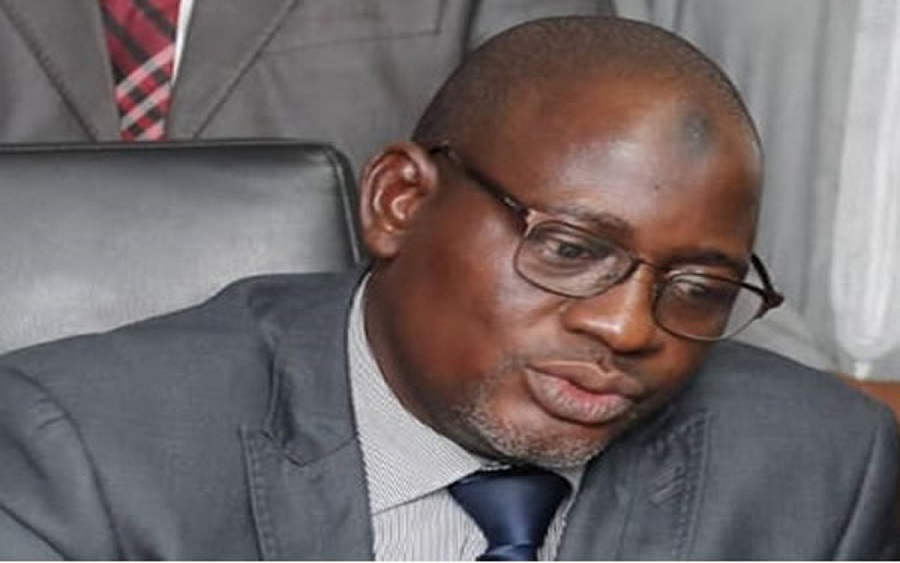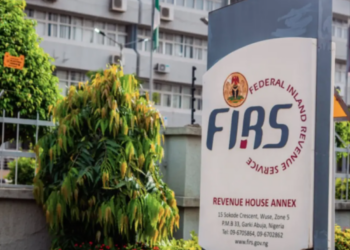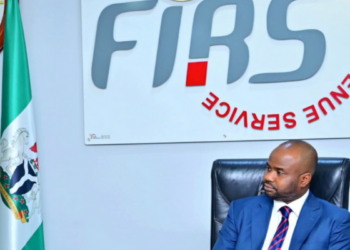The Federal Inland Revenue Service (FIRS) has concluded plans to integrate an Application Programming Interface (API) technology solution, which will verify the accuracy of taxes paid by telecom operators, rather than relying their account books.
This is part of the Memorandum of Understanding (MoU) which the FIRS signed with the Nigerian Communications Commission (NCC) on Tuesday.
PRESS STATEMENT
*NCC, FIRS sign MoU for ascertaining VAT elements of telcos’ transactions*
Link: https://t.co/3BgV2dVRc4 pic.twitter.com/svYxa2Bg0V
— ncc.gov.ng (@NgComCommission) June 9, 2020
According to a press release signed by Dr Henry Nkemadu, Director Public Affairs, NCC, the signing ceremony took place on Tuesday in Abuja, with representatives of both agencies present.
The MOU was initiated as part of the FIRS’ efforts to ascertain accuracy and completeness of value-added tax (VAT) elements and other taxes payable in the transactions of telecom operators.
It authorises the tax agency to integrate an application programming interface (API) technology solution with the systems of telecom Operators for independent verification of the amount of VAT that should be paid by mobile network operators (MNO) rather than relying entirely on the Operators’ books of accounts.
READ MORE: Nigerians will now pay N50 stamp duty on electronic receipts – FIRS
According to the FIRS Executive Chairman and Chief Executive Officer, Muhammad Nami, the MoU is mainly “to ascertain the completeness of tax transactions of mobile service providers to the Federal Government due to the shift of physical businesses to electronic-based business activities”.
Nami noted that the API was developed in-house, and is transaction-based – structured so that the tax agency has a basis for determining the completeness and accuracy of VAT elements in telecoms transactions.”
Prof. Umar Danbatta, the Executive Vice Chairman of NCC, noted during the signing ceremony on Tuesday that the NCC had conducted due diligence and followed due process to understand the import of the MOU before approving it.
“Our concern, as Regulator of the telecoms industry, is that we needed to be sure that it is not another way to tax telecoms Operators, who are already dealing with multiple taxation issues.
“We have also ensured that the integration of the solutions with telcos’ transactions systems will not in any way, impact the cost and quality of service delivery by the Operators to telecoms consumers”, Danbatta assured.
He added further that this new arrangement would not degrade the quality of service delivery to customers, or increase the cost of services.






















